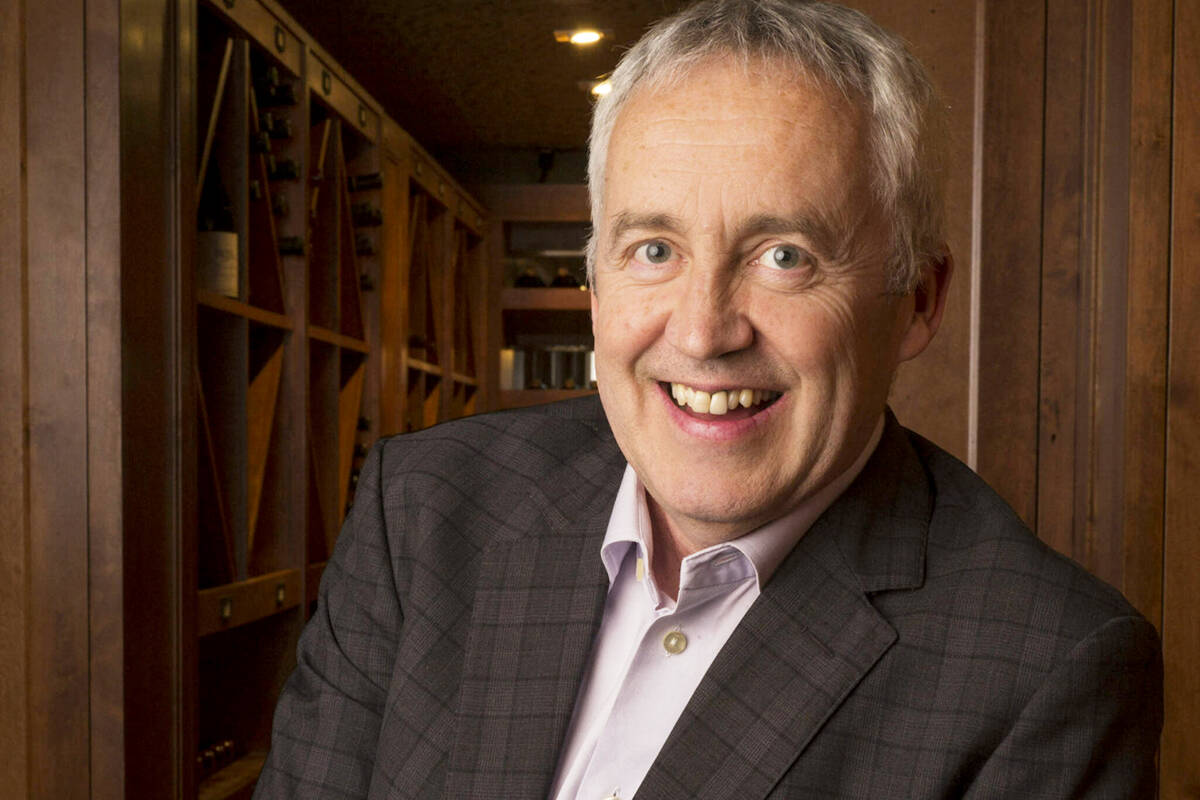This past weekend British Columbians enthusiastically embraced the Victoria Day long weekend, after cleaning up from windstorms that knocked out power to hundreds of thousands of residents, and despite the unseasonably cold spring weather.
Regardless of the weather, Victoria Day marks the informal start of summer in Canada, but as the name suggests it’s also a celebration of our historic connection to the British empire. The holiday was officially created in 1901 to commemorate Queen Victoria, whose birthday, May 24, had been celebrated as far back as 1845. During the first Victoria Day weekend celebrated in the colony of British Columbia 177 years ago, the tiny British settlements in Vancouver and Fort Victoria lay in the path of American expansion, prior to the signing of the Oregon Treaty in 1846, formalizing the border that now exists, mostly along the 49th parallel. Ties to far off Britain kept the region from being overwhelmed with American settlers.
Our history, our flag and even our name denotes our British connection, but what lies ahead for British Columbia if, as polling suggests, the royal connection is losing its lustre?
The Angus Reid Institute conducted an extensive review of Canadian attitudes toward the monarchy in April this year, and for devoted royalists like The Monarchist League of Canada, the trends are not encouraging. The poll was conducted in the wake of the departure of Barbados and soon, Jamaica, from the group of constitutional monarchies who recognize the Queen as the official head of state. If polling is correct, Canada may not be far behind in casting off the monarchy.
On the question of whether Canada should continue as a constitutional monarchy, opinions have shifted from somewhat pro-monarchy in 2016 (42 per cent yes and 20 per cent unsure) to a slight majority favouring the change. Over half of Canadians in April 2022, 51 per cent, would opt to end our official relationship with the British Crown. Even in British Columbia, the proportion of anti-monarchists is almost half (45 per cent).
Yet there are too many factors in favour of keeping our connections to British traditions to conclude that Canada will follow Jamaica and Barbados’ lead.
The very nature of our political system is deeply entwined with the British system, from our elections and parliamentary procedure to our courts. Our connection to the crown is not merely political though. It is also a powerful cultural and economic connection. Culturally, one could argue that Canadians lie on the cultural continuum somewhere between Britain and America when it comes to education, spelling, grammar and even humour. It may in fact explain why so many Canadian comics are popular in America; that wry, self-deprecating sense of humour. Check out Ryan Reynolds as the latest example of distinctly Canadian contributions to popular comedy.
Economically, the case for keeping our ties to the monarchy is strongest in the most British of Canadian provinces, British Columbia. Double-decker buses, high tea at the Fairmont Empress Hotel, and a host of place names harkening back to “the olde country” that attract millions of tourists each year. Those millions of tourists bring in billions of dollars.
The complex historic relationship between First Nations and the Crown should also give pro-republican Canadians pause. Many of the treaties created when the first waves of colonizers settled in North America were established, and remain, between the Queen/King and each Indigenous nation, not the relatively new nation we know as Canada.
Finally, there is a platinum lining in the Angus Reid polling: the “platinum Jubilee” being celebrated by Queen Elizabeth II this summer. Opinions of Queen Elizabeth are quite favourable (63 per cent positive). However, if the crown passes to Prince Charles, two third of Canadians oppose recognizing him as our King and head of state. The fate of the monarchy in Canada may depend on the ascension of Charles’s son, Prince William, who commands twice the level of admiration than his father among his Canadian “subjects.”
Bruce Cameron has been a pollster and strategist for over 35 years, working initially for Gallup Polls, Decima Research and the Angus Reid Group before founding his own consultancy, Return On Insight.

